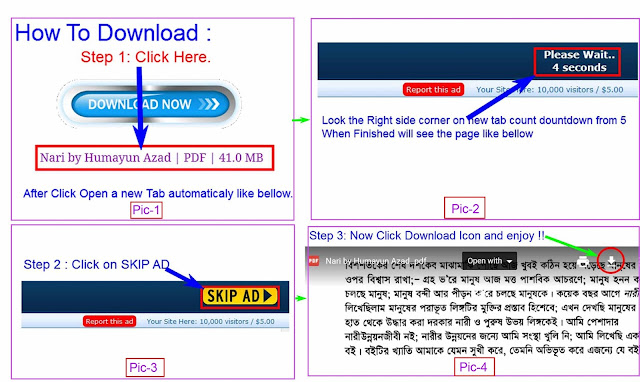Do you believe in freedom of speech?
Really, are you sure?
You may say you do. It’s the sort of thing that everyone says. Just as everyone says they have a sense of humor, especially when they don’t. You will certainly have had serious men and women assure you that freedom of speech is inevitable whether you believe in it or not. In the late twentieth century states, courts, private companies and public bureaucracies confined information, their argument runs. If it spread beyond those with ‘a need to know’, the authorities of the nation-state, whether a dictatorship or a democracy, could imprison or fine the leaker. The threat of punishment was enough to deter newspapers from publishing or television stations from broadcasting.
That manageable world has gone for good. If one person living in a court’s jurisdiction breaks an injunction, a judge can punish him. But how can a judge punish a thousand, ten thousand, a hundred thousand on Twitter or Facebook? If a court in New Delhi, Copenhagen or London bans the publication of embarrassing information, sites outside the jurisdiction of the Indian, Danish or British courts can publish it on the Web, and everyone with access to a computer in India, Denmark or Britain can read it, along with billions of others.
If the Web has a soul, then a loathing for censorship stirs it. The Streisand effect – first named in 2005 after the star tried to sue a photographer for publishing pictures of her Malibu mansion, and succeeded only in directing hundreds of thousands of viewers to his website – is a real phenomenon. Label a report ‘confidential’ and it becomes as desirable as forbidden fruit. Once a whistleblower leaks it, you can guarantee that the Web will broadcast its contents, regardless of whether they are interesting or not.
Optimists about the liberating potential of technology can find many reasons to be euphoric. The Net has no borders. National laws cannot contain it. Attempts to press down on the free circulation of information in one country just push it into other countries. The ability of users to copy, link and draw others into their campaigns had stripped censors of their power.
PDF Download Link:
How to download? Remarks: We hereby informed to our visitors that, all the download links are collected from various external websites and sometimes may not work properly. If you want to send us a new book request, please write in the comment field. Before submitting any DMCA complain, please contact us or comment below. Thanks.- Blog Admin.
Remarks: We hereby informed to our visitors that, all the download links are collected from various external websites and sometimes may not work properly. If you want to send us a new book request, please write in the comment field. Before submitting any DMCA complain, please contact us or comment below. Thanks.- Blog Admin.
Really, are you sure?
You may say you do. It’s the sort of thing that everyone says. Just as everyone says they have a sense of humor, especially when they don’t. You will certainly have had serious men and women assure you that freedom of speech is inevitable whether you believe in it or not. In the late twentieth century states, courts, private companies and public bureaucracies confined information, their argument runs. If it spread beyond those with ‘a need to know’, the authorities of the nation-state, whether a dictatorship or a democracy, could imprison or fine the leaker. The threat of punishment was enough to deter newspapers from publishing or television stations from broadcasting.
That manageable world has gone for good. If one person living in a court’s jurisdiction breaks an injunction, a judge can punish him. But how can a judge punish a thousand, ten thousand, a hundred thousand on Twitter or Facebook? If a court in New Delhi, Copenhagen or London bans the publication of embarrassing information, sites outside the jurisdiction of the Indian, Danish or British courts can publish it on the Web, and everyone with access to a computer in India, Denmark or Britain can read it, along with billions of others.
If the Web has a soul, then a loathing for censorship stirs it. The Streisand effect – first named in 2005 after the star tried to sue a photographer for publishing pictures of her Malibu mansion, and succeeded only in directing hundreds of thousands of viewers to his website – is a real phenomenon. Label a report ‘confidential’ and it becomes as desirable as forbidden fruit. Once a whistleblower leaks it, you can guarantee that the Web will broadcast its contents, regardless of whether they are interesting or not.
Optimists about the liberating potential of technology can find many reasons to be euphoric. The Net has no borders. National laws cannot contain it. Attempts to press down on the free circulation of information in one country just push it into other countries. The ability of users to copy, link and draw others into their campaigns had stripped censors of their power.
PDF Download Link:
EPUB Download Link:
How to download?
 Remarks: We hereby informed to our visitors that, all the download links are collected from various external websites and sometimes may not work properly. If you want to send us a new book request, please write in the comment field. Before submitting any DMCA complain, please contact us or comment below. Thanks.- Blog Admin.
Remarks: We hereby informed to our visitors that, all the download links are collected from various external websites and sometimes may not work properly. If you want to send us a new book request, please write in the comment field. Before submitting any DMCA complain, please contact us or comment below. Thanks.- Blog Admin. 




No comments:
Post a Comment
Are you seeking some rare EBooks?
Mention here, we will try to share them.